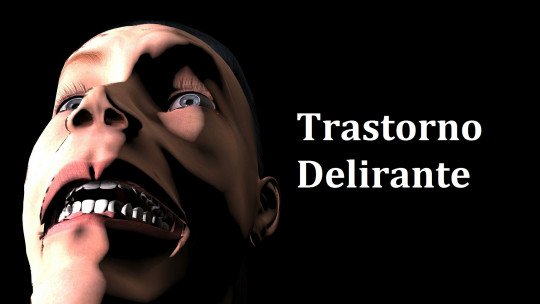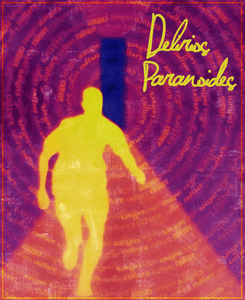

Paranoid individuals mostly tend to have persecutory delusions as they believe they will be harmed by others. However, often these can seem possible or non-bizarre, even though they are still false beliefs. Such beliefs often appear to be bizarre, impossible and outlandish. The patient may experience intense irrational suspicions and beliefs which they consider to be true. Someone affected by this disorder finds it hard to identify reality. Delusional disorder is categorized as a psychotic disorder 4.

Paranoid disorder or delusional disorder, one of the major types of paranoia, is a serious psychiatric disorder that can severely impair a person’s ability to function in daily life as they cannot distinguish between what is real and what is not. These individuals are highly reluctant to seek treatment as they tend to be excessively suspicious. However, the behaviors, attitudes and symptoms related to this condition are only noticed when they become obvious. People with such personalities often experience abuse during childhood and may even develop mistrust and suspiciousness as a learned behavior. The symptoms, behavior and attitudes related to this personality disorder tend to be present for a long time as onset can occur during childhood. According to a 2009 study 2, PPD is primarily marked by “a pervasive pattern of mistrust of other people, frequently occurring in conjunction with a hostile interpersonal style, emotional coldness, hypersensitivity to criticism, and rigidly held maladaptive beliefs about others’ motives.” Research 3 indicates that altered amygdala functioning is associated with this mental disorder. People affected by paranoid personality disorder (PPD) tend to have a strong mistrust of people and the world in general, yet they can function normally on a daily basis. This condition is regarded as one of the milder types of paranoia. 3 Main Types Of ParanoiaĬlinical paranoia is primarily categorized into 3 main conditions, which are explained as follows: 1. It can also leave them feeling afraid, anxious, exhausted and isolated. However, if a person has severe symptoms and believes they are being followed, tracked, observed or someone is trying to control their mind, then it can affect their ability to function effectively in daily life. If it is usually experienced by most people in general, like fearing about the occurrence of crime, then it will likely result in mild distress. doi:10.2147/NDT.The type of paranoid thoughts are mainly determined by the intensity of the associated symptoms. Efficacy and safety of once-monthly injection of paliperidone palmitate in hospitalized Asian patients with acute exacerbated schizophrenia: an open-label, prospective, noncomparative study. Successful treatment with risperidone increases 5-HT 3A receptor gene expression in patients with paranoid schizophrenia - data from a prospective study. 9 substance-induced disorders.Ĭhen H, Fan Y, Zhao L, et al. Psychosis.Ĭenter for Substance Abuse Treatment. Alzheimer's and hallucinations, delusions, and paranoia.

Schizophrenia: helping someone who is paranoid.Īmerican Psychological Association. Clinical features of psychotic and non-psychotic bipolar patient. Bipolar disorder.īelteczki Z, Rihmer Z, Ujvari J. Paranoid state.Īmerican Psychological Association. Paranoia and delusional disorders.Īmerican Psychological Association. People with paranoid personality disorder may isolate themselves or struggle in work or school environments due to their suspicions. Paranoid personality disorder (PPD): Paranoid personality disorder is a non-psychotic mental health condition that involves extreme, long-term mistrust and suspicion of other people.They may be bizarre (highly unlikely to happen) or non-bizarre (technically possible), but they are always detached from reality. These false beliefs usually involve paranoia about conspiracies and other perceived threats. Delusional disorder: People with delusional disorder have delusions that persist across time, but they don’t experience other symptoms of psychosis (such as hallucinations).Paranoid delusions, especially involving fears about persecution, are common in people with schizophrenia. Schizophrenia: Schizophrenia is a psychotic disorder that causes disturbances and disorganization in speech, emotions, thinking, movement, perceptions of reality, and social interaction.This may include paranoid delusions, hallucinations (hearing or seeing things that others can’t), or both. Some people with bipolar disorder experience symptoms of psychosis (breaking from reality). Bipolar disorder: Bipolar disorder is a mood disorder that causes extreme shifts in mood.


 0 kommentar(er)
0 kommentar(er)
